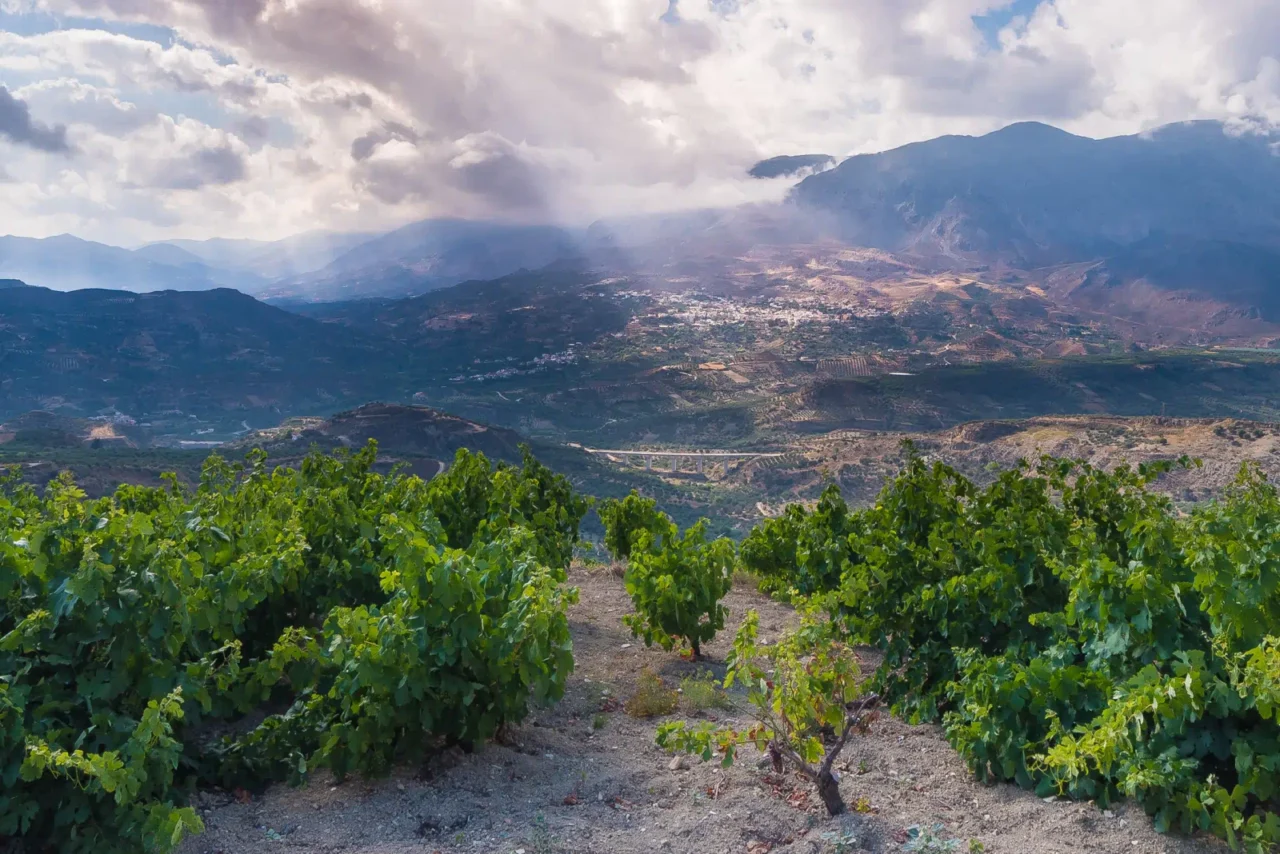
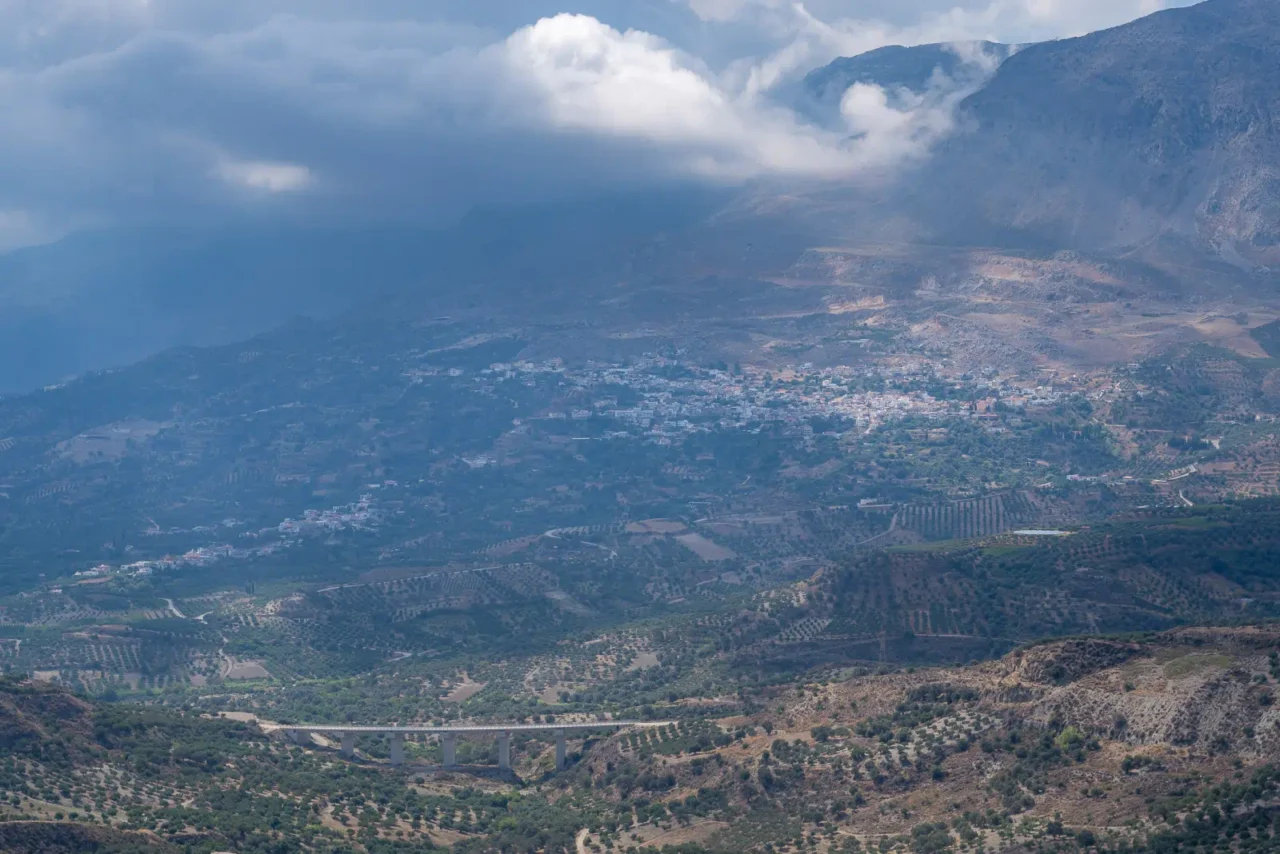
Gergeri is a sizable village and the seat of the eponymous community in the Municipality of Gortyna, located in the Heraklion regional unit on the island of Crete, Greece. Situated in the Epano Riza region at an altitude of 530 meters, it rests on the southern slopes of Psiloritis. The village is approximately 36 kilometers from the center of Heraklion and 16 kilometers from Moires. It previously served as the administrative center of the former Kapodistrian Municipality of Rouvas and belonged to the Kainourgio Province.
Amenities and Infrastructure
Gergeri offers various amenities and services, including a Citizens’ Service Centre (KEP), a community office, a kindergarten, a primary school, and a high school. The village also has an active sports club, A.S. Rouvas, based at the Gergeri Municipal Stadium.
Historical Background
Within the village lies the substantial Fountana spring, which historically supplied water to ancient Gortyna. Remnants of the Roman aqueduct are still visible today.
During the Venetian occupation, Gergeri housed numerous watermills along the river, used for grinding grains. At the location known as “Mayi Vrysi” (May Spring), Turks celebrated May Day with festivities spanning three days, during which communication with the villages of Apano Riza was halted. In the post-war era, student camps were established at this same site.
Gergeri, specifically the Mastrochiana neighborhood, was the birthplace of the revolutionary leader Fragkios Mastrochakis, also known as the “Golden Eagle of Rouvas.” He distinguished himself as a lieutenant general in the three provinces of Messara during the 1866 Cretan Revolt and met a tragic demise in 1867 at Gorgolhaini, where his bust and tomb now stand.
The Rouvas forest was the birthplace of General Georgios Katehakis, or “Kapetan Rouvas,” who actively opposed the Komitadjis in Macedonia. During the winter of 1867, the women and children of Messara sought refuge in this forest, enduring unimaginable hardships.
The village’s name has pre-Hellenic origins. In 1583, it was documented as “Giergeri” with 500 inhabitants (Kastrofylakas, K 103). By 1834, the village was home to 41 Christian and 4 Turkish families, and in 1881, it had 619 Christian and 6 Turkish residents.
The other settlements within the community are also mentioned in various censuses throughout history. For instance, Apomarma is referenced in a 1302 contract as “Pomarma.” In the Kastrofylakas census of 1583, it is listed as “Appomarma” with 73 inhabitants. The same census also includes “Rafti” with 224 inhabitants.
Landmarks and Attractions
The village features an aqueduct and several churches:
- The Church of the Transfiguration of the Savior, incorporating marble elements from an older temple where many Christians were tragically slaughtered by the Turks
- The Church of Agios Georgios (Saint George)
- The Church of Agios Stylianos
- The Church of Prophet Elias, built in 1905 on a rock in the village center, offering panoramic views of the Messara Plain
- The Church of Panagia Kera, adorned with 1443 frescoes (albeit smoke-damaged), located a short distance away. It is a somber reminder of a tragic event on August 14, 1944, when Germans executed 25 residents of Gergeri and the neighboring village of Nyvritos at this site.
Approximately 1 kilometer outside the village, atop a hill, lies a seasonal natural lake known as “Diyenis’ Tomb” or “Vromolimni” (Smelly Lake). It collects water during the winter and dries up in the summer. Adjacent to it is an artificial reservoir fed by the Gergeri springs. This area has recorded around 63 bird species, with expectations of further increases due to its location on a significant migratory route.
The largest cypress forest in Crete, the Rouvas Forest, dominates the heights above the village. It served as a sanctuary for Christians during past revolutions. Within the Rouvas area are the “mitata” (stone-built shepherds’ huts) of Gergeri’s livestock farmers, where the annual sheep shearing (“koures”) takes place in May, accompanied by festivities, wine, and feasting with family and friends. On November 3rd, the barrels of new wine are opened for the first time, coinciding with the celebration of the village’s patron saint, Agios Georgios o Methystis (Saint George the Drunkard). The village also hosts festivals for the Presentation of Jesus at the Temple (February 2nd) and Prophet Elias (July 20th).
The Rouvas cypress forest harbors endemic flora and fauna. Gergeri also boasts a Natural History Museum and a traditional municipal enterprise offering a variety of Cretan dishes.
Administrative Structure
Gergeri was officially recognized as a settlement in 1925 and designated the seat of the newly established community of the same name. In 1990, it was detached from the Gergeri community and became the seat of the Rouvas municipality. Under the Kallikratis plan and its subsequent modification, Kleisthenes I, Gergeri, along with the settlements of Apomarma, Kardamiana, Mastrochiana, Raptis, Tzaniana, and Psalida, constitutes the community of Gergeri, which falls under the municipal unit of Gergeri within the Municipality of Gortyna. According to the 2011 census, the community has a total population of 1,440, with Gergeri itself accounting for 1,241 residents.
Population Data Over the Years
Year |
Population |
|---|---|
1583 |
500 |
1834 |
45 families (41 Christian, 4 Turkish) |
1881 |
625 (619 Christian, 6 Turkish) |
2011 |
1,241 (village), 1,440 (community) |
2021 |
1,125 |
Current Status
Gergeri remains a vibrant village with a strong agricultural and livestock farming presence. The women of Gergeri have formed a cooperative that produces and packages various local products. The village actively preserves its cultural heritage through numerous events and festivals, showcasing its traditions and customs.
Access
Gergeri is 4.2 kilometers away from the town Zaros and 4.4 kilometers away from Agia Varvara

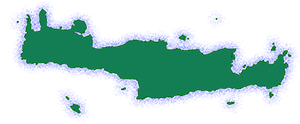













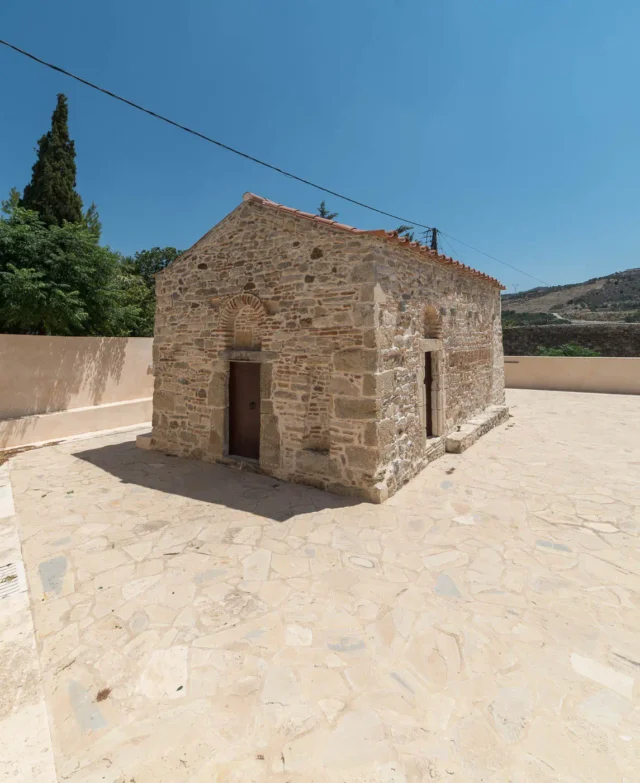


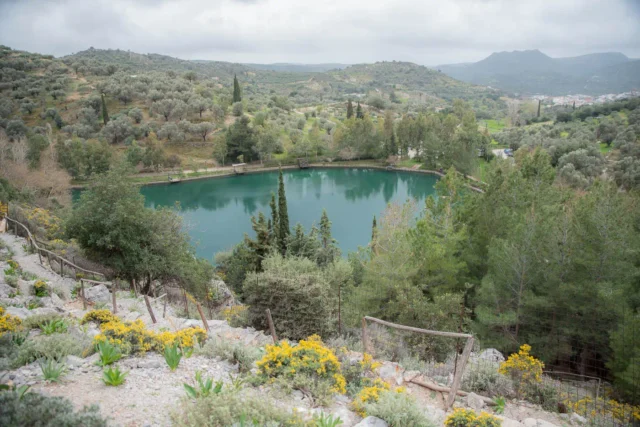
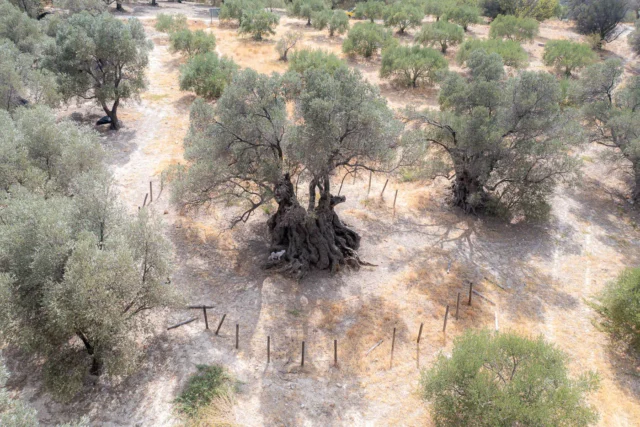

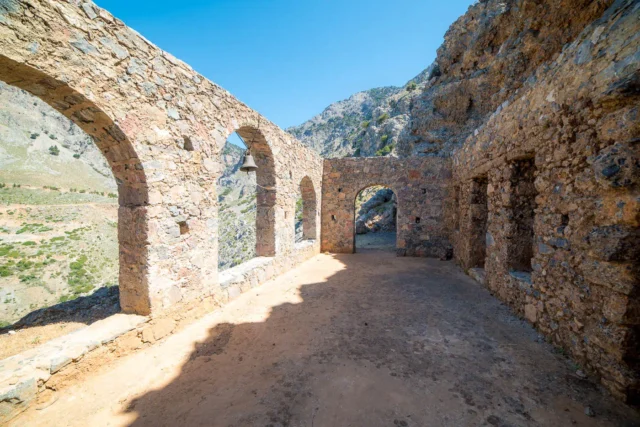

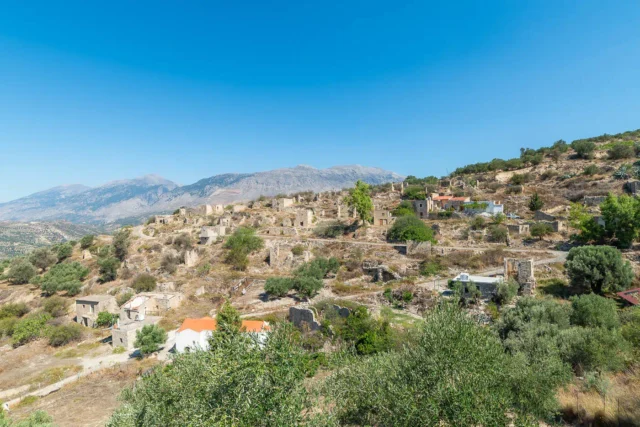
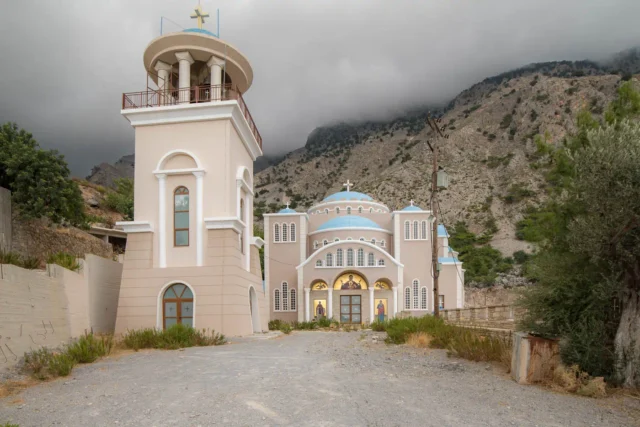
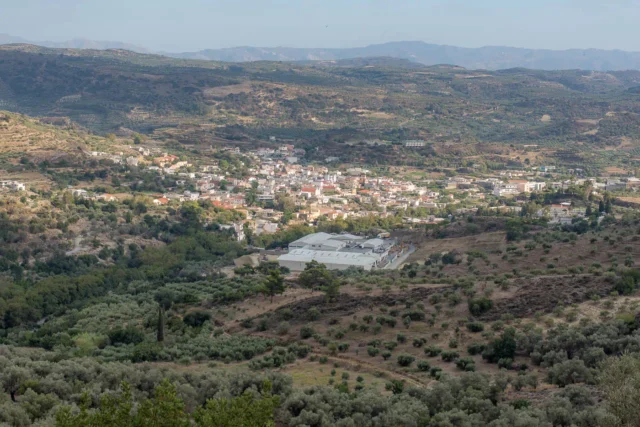
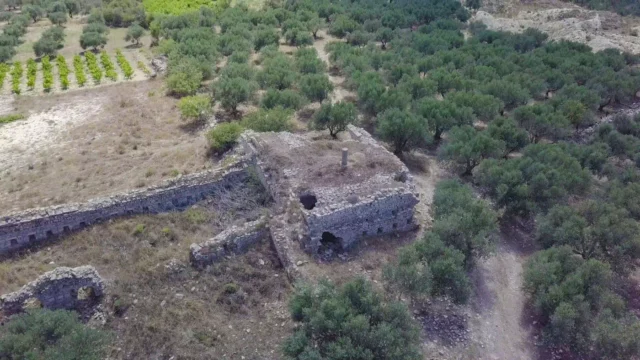
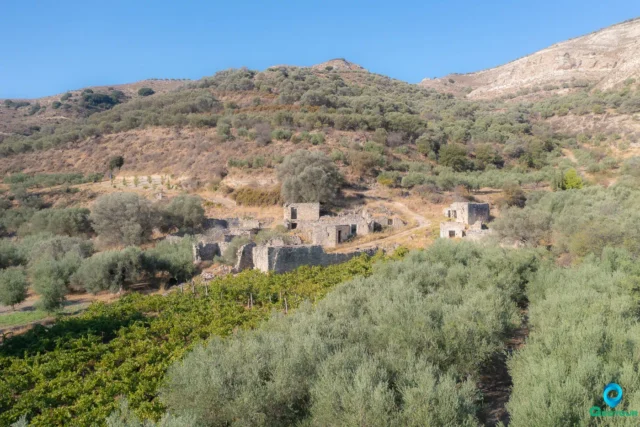
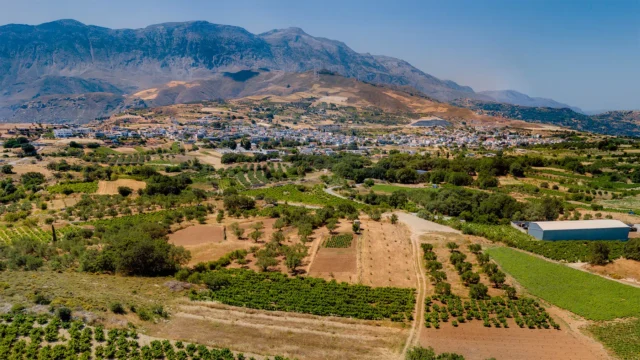
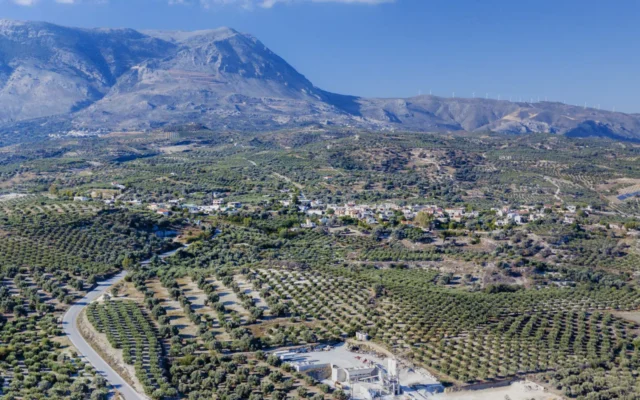
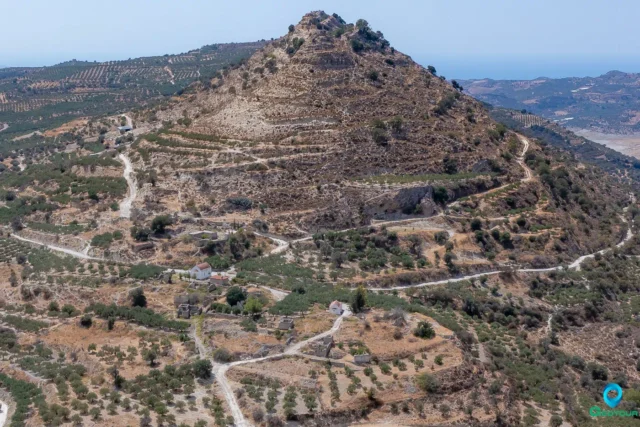


There are no comments yet.